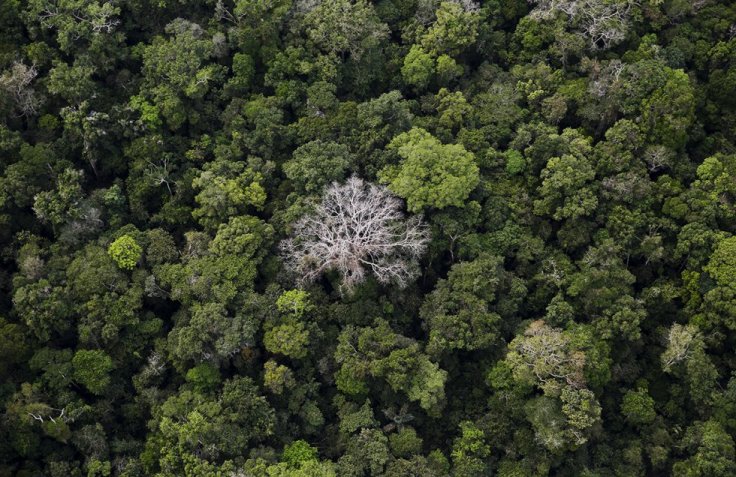Madagascar's entire eastern rainforest habitat is under threat of being getting wiped out by 2070 due to the effects of deforestation and human-induced climate change, as warned by a study. These reasons are impacting thousands of plants, mammals, reptiles, and amphibians that are mostly found in the island nation.
The island country is a hotspot for biodiversity consisting of 80 to 90 percent animals and plants which are exclusive to the area. These are been devastated for quite some time due to deforestation and overharvesting.
The activities have destroyed much of the land cover that provides habitat for a variety of unique animals, including currently endangered varieties of lemurs, said the study published in the journal Nature Climate Change.

In particular, two species of ruffed lemurs are now critically endangered, and these animals play a central role in dispersing the seeds of a number of plant species that provide food and shelter for other animals across the rainforest.
"Because of their essential role as seed dispersers and their sensitivity to habitat degradation, ruffed lemurs serve as a critical indicator of the health of Madagascar's entire eastern rainforest," said the study's primary investigator Andrea Baden, Professor at The Graduate Center, City University of New York.
"When we projected the impact of deforestation and climate change, we found that deforestation alone and climate change alone could reduce ruffed lemur habitat by over 50 per cent. Even more alarming, these two factors together are projected to essentially decimate suitable rainforest habitat by the end of the century," Baden said.
The researchers' data suggests that the speed and intensity of destruction of Madagascar's eastern rainforest will be greatly determined by whether the country institutes strict protections against deforestation or a relaxed set of policies.
Protecting forested areas that provide shelter to ruffed lemurs and serve as corridor links to their strongholds is particularly important to survival given their role as a keystone species that enables the survival of a large number of animal and plant species in one of the world's most biodiverse regions.
(With inputs from IANS)









